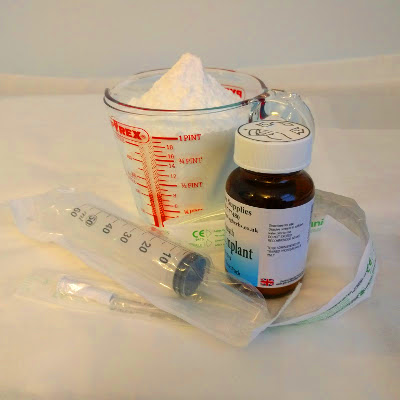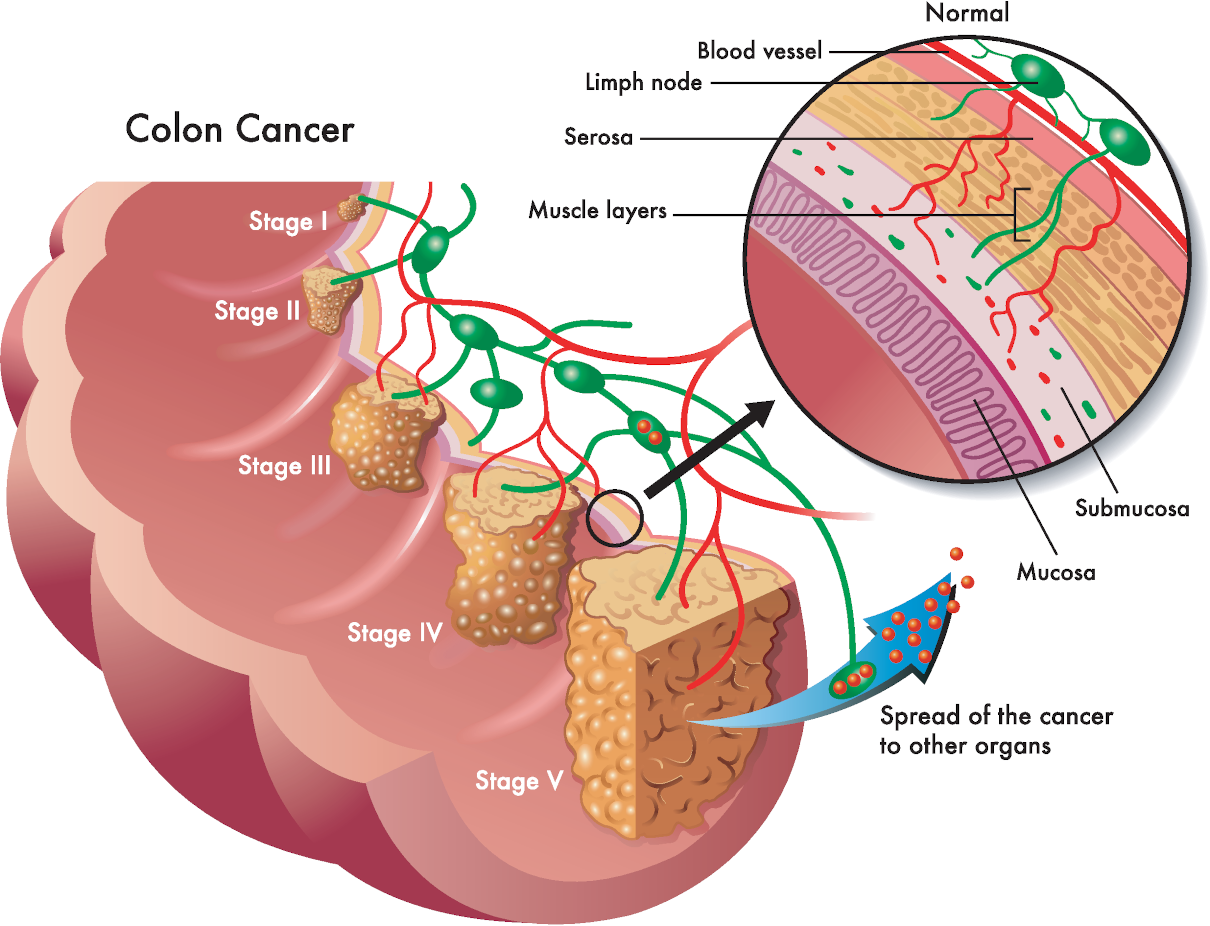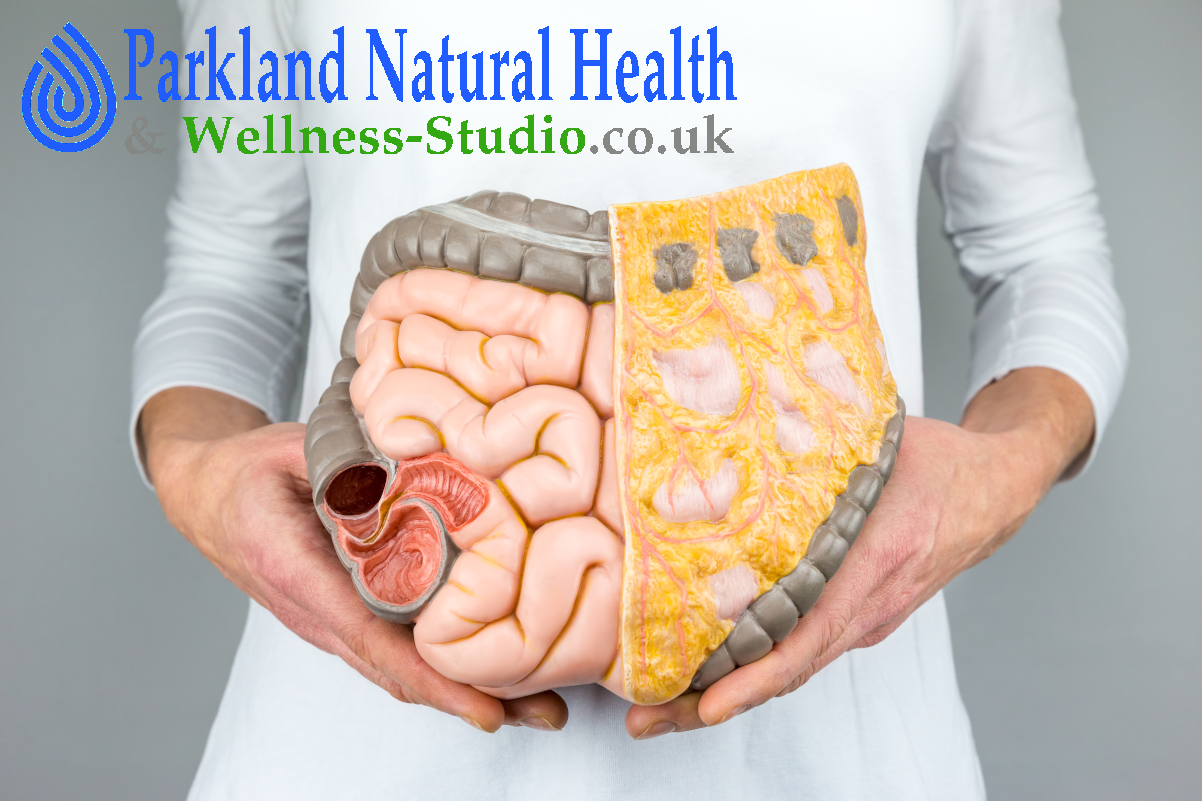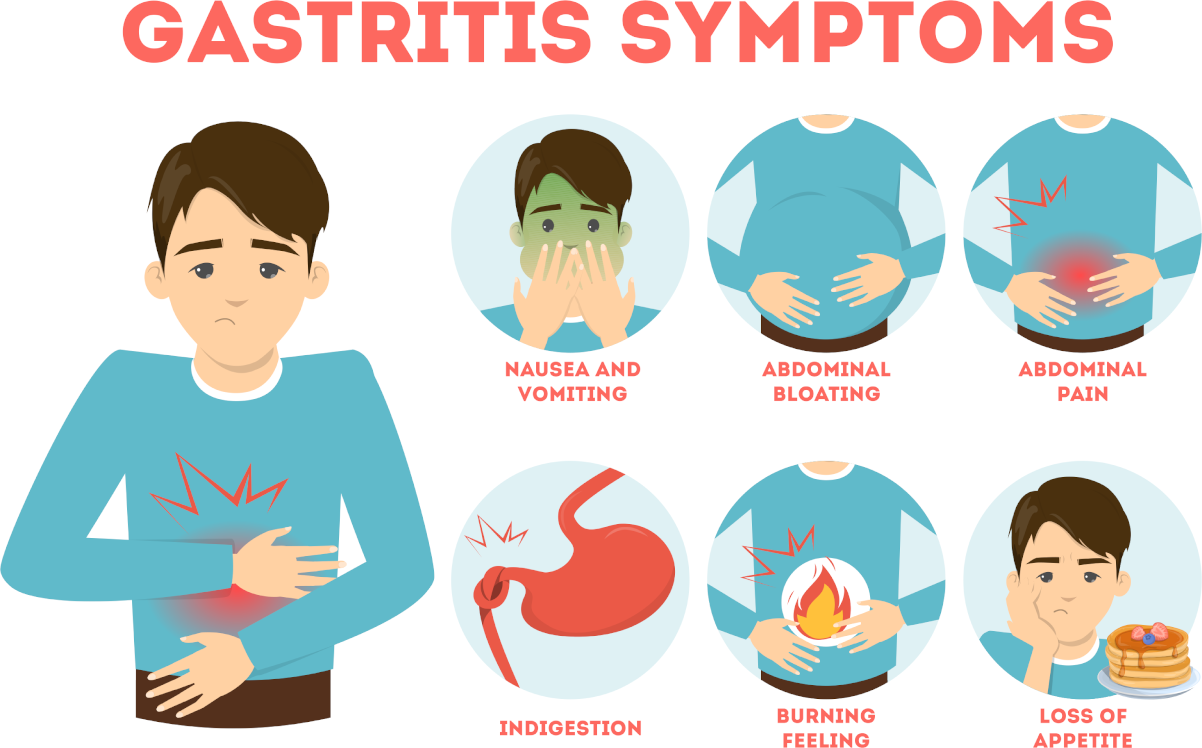
The most effective treatment of dysbiosis(harmful bacteria in the gut) can be achieved only by a sophisticated approach. A gastroenterologist should determine it from the results of laboratory tests.
However, trying to solve the problem only with drugs that contain the necessary microflora does not always work. The bacteria beneficial to the body will prevail but also strengthen the immune system to increase its resistance to pathogenic microorganisms.
Dysbacteriosis
When treating intestinal dysbiosis, the doctor also considers that the “bad” bacteria provoked the development of the disease and prescribes appropriate therapy. Its goal is to remove toxic products from the intestines and their formation.
If motor disorders accompany dysbacteriosis, they must be eliminated again. Colonic therapy will also help eliminate harmful bacteria and strengthen the peristaltic muscles.

Probiotic implant and alkalising colonic with bicarbonate of soda
Alkalising colonic irrigation with bicarbonate of soda and high strength probiotic implants and comprehensive consultation is available at Parkland Natural Health Clinic.
Effective treatment of dysbiosis at different stages of development
With dysbiosis of the I-II degree, therapy consists mainly of selecting the right foods. The diet includes lactic acid-containing food, vitamin complexes, and food containing trace elements beneficial for the growth and development of the microflora. The menu for dysbiosis should promote colonisation and fixing healthy microflora in the intestine – consuming enough fibre that is part of plant food, with a mild form of dysbiosis and supplements with bifidobacteria.
Effective treatment of dysbiosis III degree includes the prescription of probiotics and a diet. So, after the drug passes the stomach and reaches the colon, lactic acid bacteria multiply actively and slow the growth of “harmful” microorganisms. Thus, we recommend a natural cleansing of the intestine of harmful bacteria and restoring a natural balance.

Food intolerance test of 208 ingredients
This one is our most comprehensive food and drink test. The test analyses your client’s IgG antibody reactions to 208 food and drink ingredients. This test will highlight their food triggers and help you formulate an IgG-guided elimination diet together.
Treatments
With the development of grade IV dysbiosis, bifidobacteria that protect our body in the intestine are absent. Moreover, the number of other “good” bacteria – lactobacilli is too low. So, under such conditions, “bad” microorganisms multiply rapidly, and their toxins poison the body.
To treat dysbacteriosis of the intestine of the IV degree, it is necessary to use antibacterial drugs. Treatment with antibiotics should restore the natural balance of the bowel. To do this, prescribe probiotics, a therapeutic diet, vitamins and trace elements.
Even after successful treatment, dysbiosis can return, so do not forget about preventing this disease.










